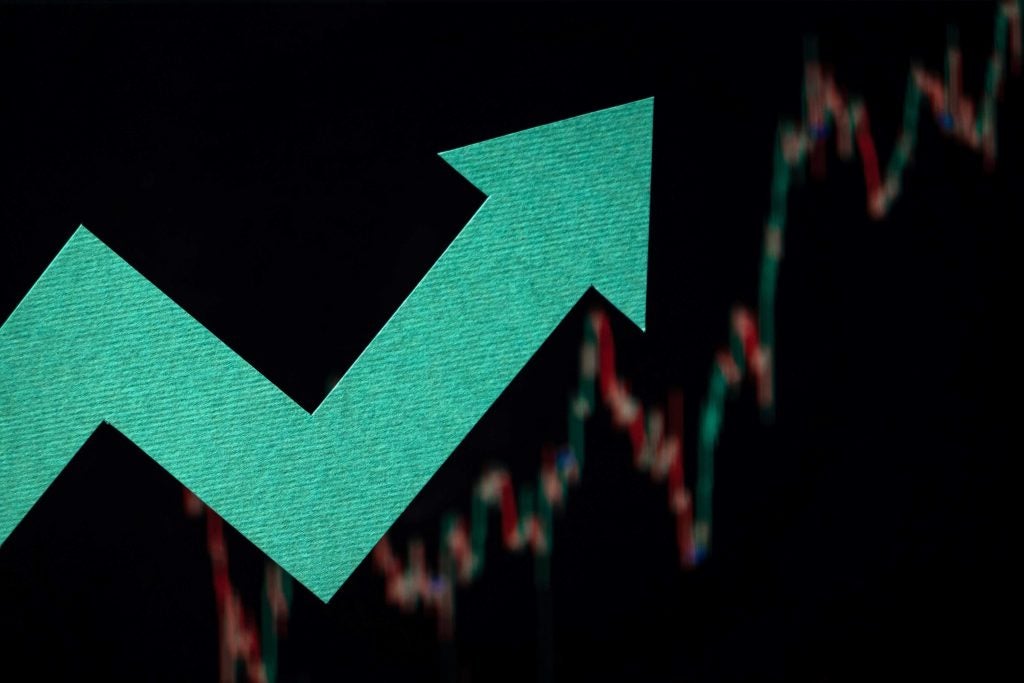Kinetic Partners, the global professional services firm, has designed the Health Check to be applicable to firms of all sizes as they prepare for the 12th February 2014 EMIR deadline.
The regulation will require firms to report all derivative contracts to the regulator. It also establishes common reporting standards across the industry.
Kinetic Partner’s EMIR Checklist will focus on two key areas: regulatory challenges and operational challenges, two aspects of EMIR firms are already struggling with. In identifying several critical action items for establishing effective EMIR reporting processes, the overview document will outline how firms’ systems might manage processing all the new transaction data.
Management teams will then be able to focus resources on the areas where they are most needed. As with all reporting of transactions, it is an area of regulation where focus and prevention, are far better than cure. The past year’s consistent focus on transaction reporting by the authorities shows us that regulatory action is here to stay.
Simon Appleton, director, Markets Centre of Excellence, at Kinetic Partners, said: "We have developed this Checklist to give firms a snap shot of their progress towards being compliant with EMIR reporting. From our work with clients we have picked up on a number of operational and regulatory challenges, including larger banks’ fears over the complexity of the reporting and sheer volume of accurate data needed and smaller firm’s apprehension that they do not have the internal capacity and infrastructure support to manage the changes. Our EMIR Checklist is designed to be used by firms of all sizes as they tighten their systems and controls over the coming months."
Monique Melis, global head of Consulting, Kinetic Partners said: "Reporting has evolved since my time as head of the FSA’s transaction reporting unit, with the financial markets, products, technology and global trading becoming increasingly complex and diverse. EMIR trade reporting is a classic example of how reporting has evolved due to the changes in financial markets. As a result of the 2008 financial crisis, EMIR trade reporting was born and will be a key tool for monitoring risk in the derivatives space. The sheer amount of data fields and events which need to be reported means the report itself has to be more complex.
How well do you really know your competitors?
Access the most comprehensive Company Profiles on the market, powered by GlobalData. Save hours of research. Gain competitive edge.

Thank you!
Your download email will arrive shortly
Not ready to buy yet? Download a free sample
We are confident about the unique quality of our Company Profiles. However, we want you to make the most beneficial decision for your business, so we offer a free sample that you can download by submitting the below form
By GlobalData"In reality, from my experience, reporting is a challenging area for firms but there are certain fundamental core elements which remain the same, for example, understanding your business model and products. Having robust systems and controls in place to build and maintain processes around data accuracy and reconciliation. Having someone ultimately responsible and getting the key control elements for reporting in place are crucial, as is having a good understanding of the current and future regulatory and operational landscape."







